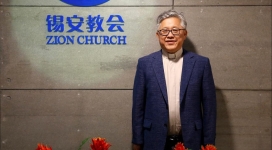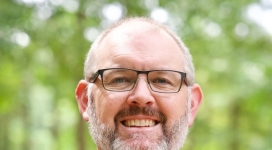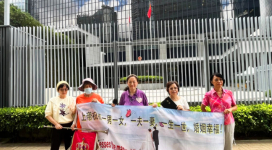On Saturday, Sept 11, Pope John Paul II discussed the U.S. sex-abuse scandal with American church officials, challenging them to be more open to the needs of their parishioners in the wake of a “crisis of confidence in the church’s leadership.”
The pontiff spoke with officials from Pennsylvania and New Jersey, including the Cardinal Justin Rigali, archbishop of Philadelphia, and Archbishop John Myers of Newark - at his summer residence in Castel Gandolfo as part of the U.S. prelates' regularly scheduled meetings.
The meeting was the first formal gathering held between the Pope and American leadership since the release of the extensive 50-year report on clergy sexual abuse scandal earlier this year.
The report found that an average of 4% of American Catholic clergy since the 1950s sexually assaulted one or more of their congregants. The report also found that the general level of confidence in the church had decreased, mostly because of the “sheltering of abusive priests” within the church hierarchy.
During the scandal, victim groups accused the church of favoring the protection of priests over their victims; dozens of abusive priests were reportedly moved from parish to parish, even after reports were filed against them, rather than being punished.
John Paul, referring to the reported findings, said the approach of some American church leaders may have inadvertently driven a wedge between them and church goers.
"In the present circumstances of the church in America, this will entail a spiritual discernment and critique of certain styles of governance which, even in the name of a legitimate concern for good 'administration' and responsible oversight, can run the risk of distancing the pastor from the members of his flock, and obscuring his image as their father and brother in Christ,” the Pontiff said.
John Paul thus reminded the bishops of their “unequivocal right and duty of governance” and their responsibility to include the faithful in their decisions.
The pope ultimately gave several points for the “self-renewal” of the U.S. church:
“A commitment to creating better structures of participation, consultation and shared responsibility should not be misunderstood as a concession to a secular 'democratic' model of governance, but as an intrinsic requirement of the exercise of episcopal authority and a necessary means of strengthening that authority."
According to the Associated Press, “Vatican officials argued that the aftermath of the sex-abuse scandal could actually provide a chance for renewal” following the meeting with the Pope.







